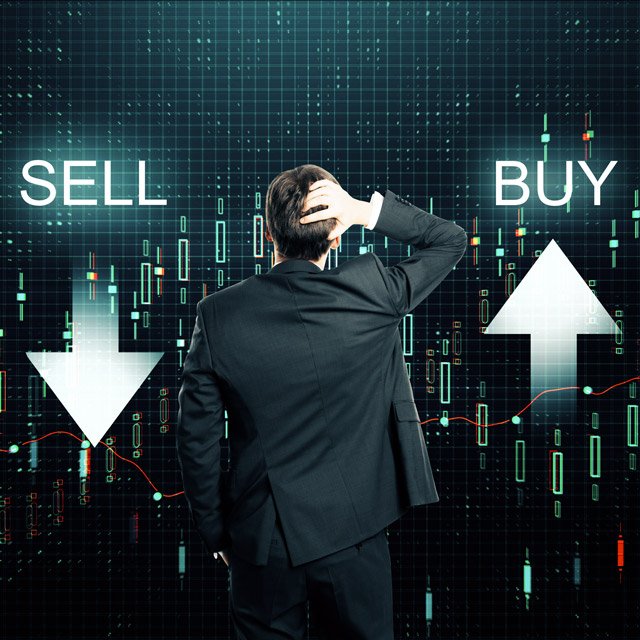10 Dividend Stocks to Nab Now: Morningstar
Top Dividend Stocks
To find the best dividend stocks, Morningstar looked to the firm's Dividend Yield Focus Index, a subset of the Morningstar U.S. Market Index, which represents 97% of equity market capitalization. The index tracks the top 75 high-yielding stocks that meet analysts' screening requirements for quality and financial health. Only securities whose dividends are qualified income are included in the index; real estate investment trusts are removed. Companies are then screened for quality using the Morningstar Economic Moat and Uncertainty ratings. Specifically, companies must earn a Moat rating of Narrow or Wide and an Uncertainty Rating of Low, Medium, or High; companies with Very High or Extreme Uncertainty Ratings are excluded. The index includes a screen for financial health using a distance-to-default measure, which taps market information and accounting data to determine how likely a firm is to default on its liabilities; it is a measure of balance-sheet strength. The 75 highest-yielding stocks that pass the quality screen are included in the index, and constituents are weighted according to the total dividends paid by the company to investors. See the gallery for 10 dividend stocks from among the index's constituents that are also trading below Morningstar's fair value estimates. (Image: Shutterstock)
© Touchpoint Markets, All Rights Reserved. Request academic re-use from www.copyright.com. All other uses, submit a request to [email protected]. For more inforrmation visit Asset & Logo Licensing.
Featured Resources
View All
Sponsored by Axos Advisor Services
Integrated Banking Solutions: How To Enhance Client Services and Grow Your Business

Sponsored by Optifino
Three Macro Trends Impacting Long-Term Care: Trends, Solutions & Client Conversations

Sponsored by Vanilla
The Missing Piece: Why Advisors Who Skip Estate Planning are Failing Their Clients






